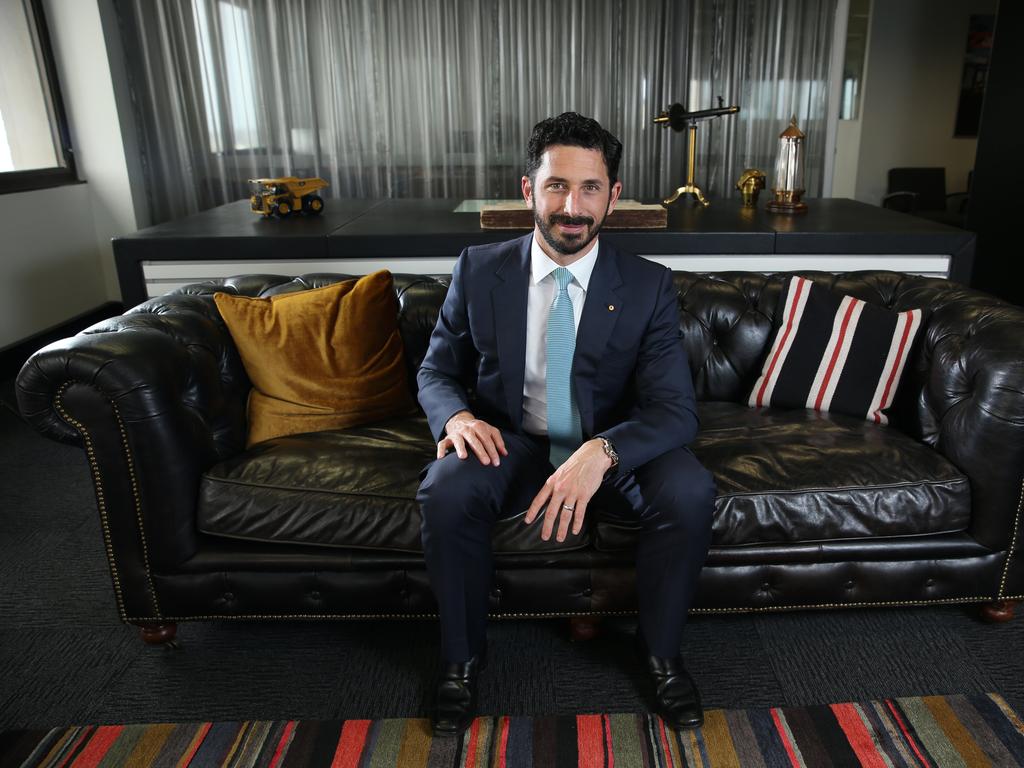Four-day week could be Covid’s greatest gift
Economists are warming to the idea that cutting hours might improve productivity while boosting worker contentment.

The British idea of a perfect life is a one-day working week. When researchers at Cambridge University decided earlier this year to analyse which workers were happiest, they guessed they might be part-timers. They were stunned to discover that the most content only toil one day a week. The rest of the time they like to walk the puppy, cook Nigella’s latest and pick up their children from school. Even the Italians and French are more driven. Brendan Burchell, professor in social sciences at Cambridge, said: “We had assumed the maximum levels of wellbeing would be among those working at least three days a week.”
So, the four-day working week sounds like a step in the right direction. When the idea was first floated, usually by trade unions, it was dismissed as dangerously bonkers. Now economists are embracing the concept and linking it to higher productivity. Roger Bootle, chairman of Capital Economics, earlier this week said: “There is nothing inevitable or God-given about working five days a week.”
Iceland has already trialled a four-day week with some success, now the SNP is proposing it; Spain is conducting its own experiment and Unilever has implemented it for staff in New Zealand. One of this summer’s bestsellers is Friday is the New Saturday: How a Four-day Working Week Will Save the Economy by Pedro Gomes. He argues that giving workers more freedom to decide their hours will increase productivity, propel innovation, support families and lead to better life choices.

British hours are the highest in Europe, with the average worker putting in 42 hours a week. We also spend more time at work than the Americans, though not the Australians. The strict lockdowns seem to have encouraged the British to re-examine work patterns, many having discovered they like spending more time with their children, painting or pottering around the allotment, cycling, knitting and embracing the Good Life. Few seem desperate to return to commuting, full-time employment and complicated, expensive childcare arrangements.
Weekend has Anglo-Saxon origins and we invented the concept. At the beginning of the Industrial Revolution people were working 100-hour weeks with time off for church until the five-day week was enshrined in law. It has stuck ever since.
Employers are wary. When the Welcome Trust experimented before the pandemic, they abandoned it as unacceptably disruptive. Certain jobs are tricky to curtail (primary school teachers, farm workers), and timetabling could become a nightmare. But many professions are flexible. GPs who were once on call 24 hours a day now increasingly work four-day weeks. There are jobshares at the top of the civil service among directors-general.
Kate Soper, professor emerita of philosophy at London Metropolitan University and author of Post-Growth Living: For an Alternative Hedonism, says: “A reduction in the working week will be something we must come to terms with and it’s gaining a certain kind of traction.” She believes that tasks contracted out by the overworked – childcare, dropping in on elderly relatives – could become enjoyable pursuits.

Generation Z isn’t prepared to work 24/7. This year’s cohort of Goldman Sachs recruits were the first to call for a 80-hour cap on their working week. This generation is the most altruistic since the war babies, and would prefer to balance paid work with volunteering and pursuing their own interests. Abi Dunn, a hospitality recruiter in Manchester, told the Financial Times that the biggest issue now was work-life balance and that employers were increasingly tempting chefs and waiters with offers of three and four-day weeks.
Lorry drivers, often expected to work a weekly minimum of 45 hours in seven-day shift patterns, may need similar inducements to fill up empty shelves. For now, it’s an employees’ world, say employment agencies and headhunters.
This won’t come cheap. Four fifths of British workers say they wouldn’t favour cutting working hours if it meant lower wages, according to research by the think tank the Social Market Foundation. People in top-paying jobs were the most willing to cut their hours with a salary reduction. But the average worker would need to increase their productivity by 16 per cent to avoid a drop in output. CEOs will be dubious and it’s hard to imagine an Amazon warehouse packer could work any harder, so more staff will be needed.

Alex Soojung-Kim Pang, in his book, Shorter: How Working Less Will Revolutionise the Way Your Company Gets Things Done, believes that companies will benefit instead from reduced sickness levels and burnout. Working fewer hours for more years increasingly makes sense. In Germany and France, where work weeks are shorter, productivity is higher. But it would be a huge experiment. This can’t be all about more pay for less work and a pogo-leap back to the 1970s. It would only work if it makes Britain more productive, otherwise the country will lose any competitive edge.
Ninety years ago, when manual labourers and office workers were bound to a six-day week, John Maynard Keynes wrote longingly about an, “age of leisure and abundance” for his hypothetical grandchildren.
Professor Burchell, who conducted the Cambridge experiments, was so convinced by their happiness findings that he cut his own hours to escape from his desk. “I walked 25 miles a few weeks ago and absolutely loved it,” he said. “I am keen on learning how to thatch [roofs] too.”
If a more productive and contented workforce on four days a week lies around the corner, it may be one of the few good things to come from the pandemic.
The Times







To join the conversation, please log in. Don't have an account? Register
Join the conversation, you are commenting as Logout